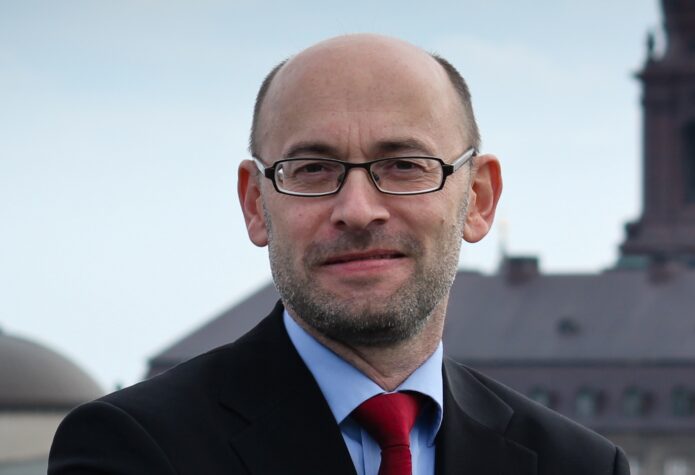Hans Brask: A digital agenda for the Baltic Sea region

By Hans Brask, Director of the Baltic Development Forum
The Baltic Sea region needs to develop its own digital agenda. It was one of the recommendations of the report that presented by the Baltic Development Forum at the Summit in Vilnius in June 2010.
The Baltic Sea region has strengths in information technology, e-Government and a well educated work force, providing a good basis for further expansion. It is the interest of the smaller and open economies of the Nordic and Baltic region to continue insisting on the virtues of the single European market.
Due to substantial differences in national regulations, few technology starts-ups expand their businesses to neighbouring EU countries. Lacking the benefits of a large-scale home market slows the rate of innovation, and hinders European firms from benefiting fully from investments in high-speed internet infrastructure.
A study argues that a truly integrated European digital single market will enable EU companies to grow to scale and increase their global competitiveness. The same study has identified that the failure to create a digital single market will cost Europe at least 4.1% of GDP by 2020.
In other words, most of the initiatives have to be taken on an EU-27 level. Does that leave much room for a Baltic Sea regional dimension where the cooperation instruments do not include legal instruments? Yes, I would argue.
The euro crisis is leaving no time for top EU decision-makers to discuss the long-term development of European competitiveness. The Baltic Sea region cooperation has a role to play in insisting on the competitiveness agenda.
The new EU macro-region could use its new platform to take initiatives on its own. We need to identify the barriers that are rooted in national practices and where the region could lead efforts to break down such barriers. The way to proceed should be to present policy actions.
The Baltic Development Forum and the Baltic Chamber of Commerce Association have taken the initiative to identify some of the barriers and the first steps to be taken. The result of the initiative will be presented in the first half of 2012. The review of the EU strategy is high on the agenda of the Baltic Development Forum Summit in Gdansk in October 2011. We need a regional digital agenda in order to support the digital single market in Europe.